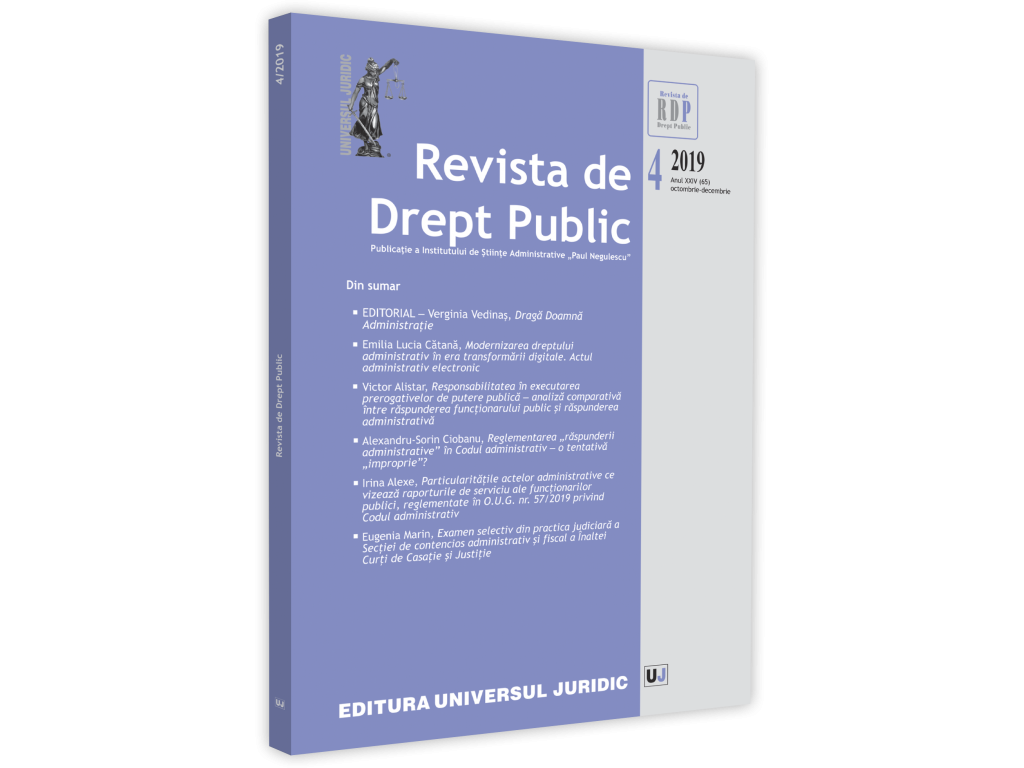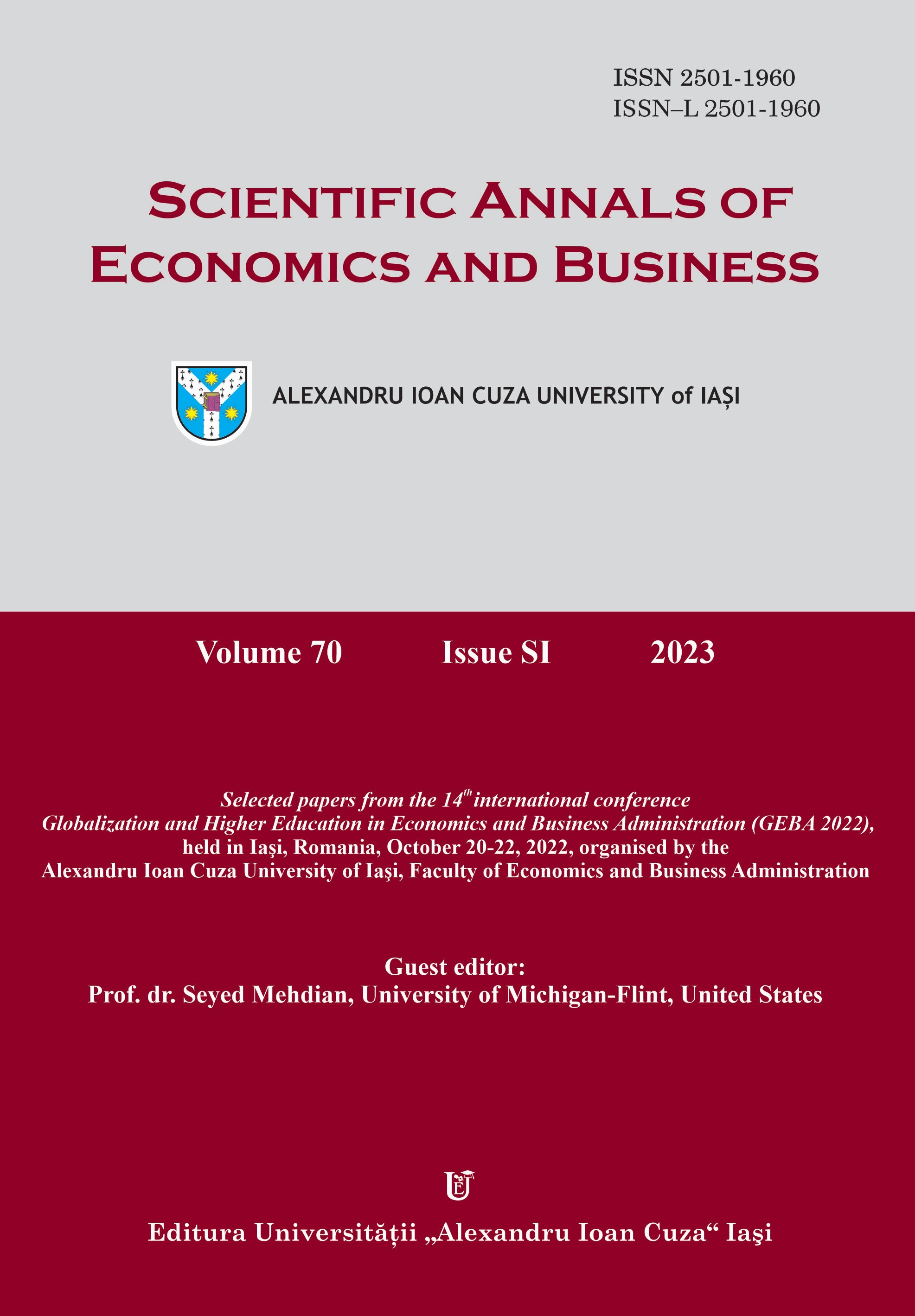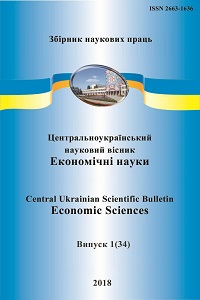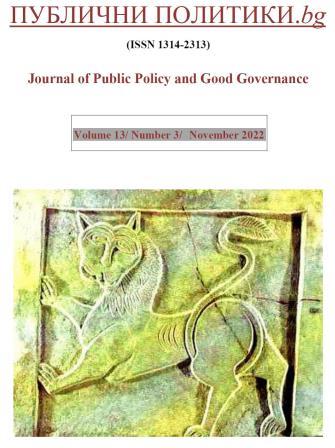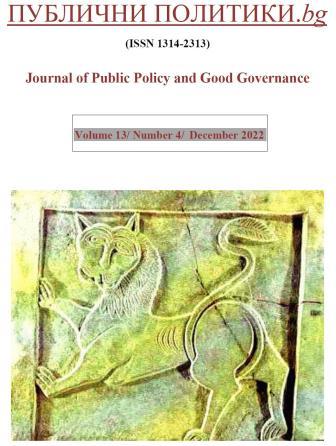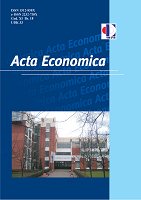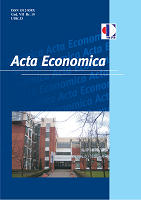Author(s): Оlena Magopets / Language(s): Ukrainian
Issue: 33/2018
The purpose of this study is to determine the essence of the concept of "taxation" from the standpoint of its understanding as a social process based on disclosure of its specific properties, characteristics, key features and evolutionary development. It is grounded that taxation should be understood as the procedure for collecting taxes based on organizational and economic relations, interconnections and interaction between its subjects (participants - the state, taxpayers, tax agents, society) and objects (taxes, meetings), during which the reallocation of the gross domestic product is carried out in order to create a financial basis for the state's activities. The key actors in the tax process are the "state" - on the one hand, as a social institution and various government bodies authorized on behalf of the state to carry out certain actions and functions with the aim of formulating and implementing state tax policy and taxpayers - on the other hand, which have an object of taxation and are obliged to pay taxes and fees. The relationship between these entities is ensured by taxes are the main object of the tax process. The totality of social actions of tax entities, which ensure the functioning and change of taxation as a social system, forms the process of taxation itself. Taxation as a social process took place several evolutionary stages of development, taking different forms: origin, development, stabilization, adaptation, transformation, decay, transients. Taxation is proved to be a cyclical social process (since the taxing process is based on the interaction of different actors (participants in the taxation process) that are consciously focused on each other, taxation retains identity in time and its inherent evolutionary character), the level of development of which causes not only general indicators of state development, but also social indicators of social welfare, since with the help of taxes, on the one hand, financing of state needs is carried out and possible The implementation of the state functions of its functions (mainly at the expense of taxes formed a revenue part of the budgets of different levels - this shows the fiscal function of taxes), and on the other hand - it is precisely at the expense of taxes that the regulation of social processes is carried out (as the social function of taxes manifests itself).
More...


